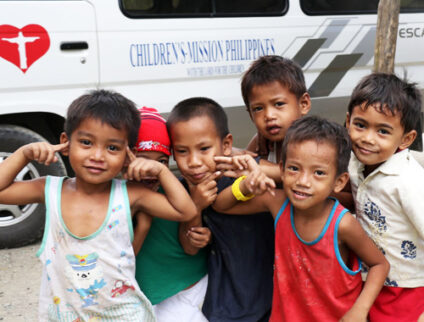Climate Transformation Fund
Our support for Climate Transformation Fund
Since 2013, BioGaia has purchased carbon offsets for the company’s emissions. However, as of 2022, we shifted our climate investments to support the Climate Transformation Fund to maximise their impact.
BioGaia’s support for the fund is based on an internal CO2 cost. The fund focuses on long-term global impact, and its intention is to support the most cost-efficient and sustainable climate solutions to achieve net zero emissions worldwide. The fund supports both new and untried technology, including projects that work with methods to sustainably store carbon (Carbon Capture System, CCS), advocacy and policies to reduce emissions, and the scaling up of successful, proven solutions like sustainable projects that restore and protect nature.
Each year, the fund selects a number of projects related to carbon removal, decarbonisation, and restoring and protecting nature that have the potential to reduce emissions in the short, medium, and long term. By not focusing solely on projects that can provide climate offset credits, the fund can also support other types of projects needed to achieve its Sustainable Development Goals. An advisory group with extensive experience in climate change selects projects based on a number of criteria. In 2025, BioGaia donated USD 45,000 to the Climate Transformation Fund to offset its 2024 emissions. Since 2022, BioGaia has contributed a total of USD 153,000 to the fund.

The Foundation to Prevent Antibiotic Resistance
In 2017, BioGaia founded The Foundation to Prevent Antibiotic Resistance , an independent foundation with the aim of preventing antibiotic resistance.

Children’s Mission
BioGaia supports Children’s Mission for their work with poor children and families in the Philippines. Children’s Mission runs schools, offers children opportunities for education and healthcare and runs children’s homes as well as a support program.

Panzi hospital
BioGaia, through the organisation Friends of Panzi, supports the 2018 Nobel prize laureate Dr Denis Mukwege and his important work at the Panzi Hospital in the Democratic Republic of Congo.